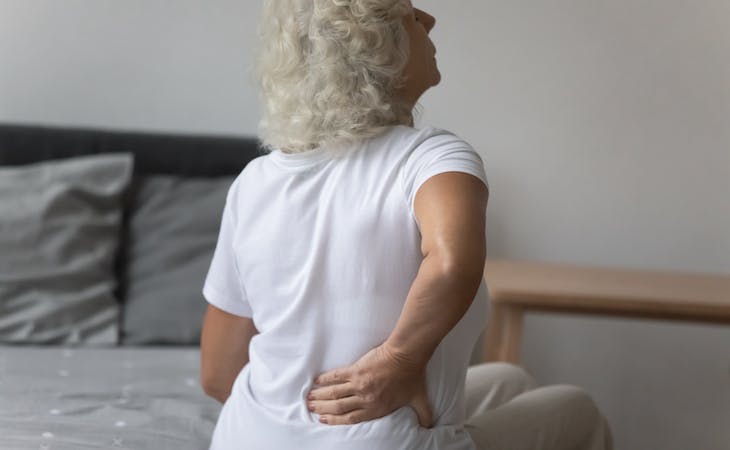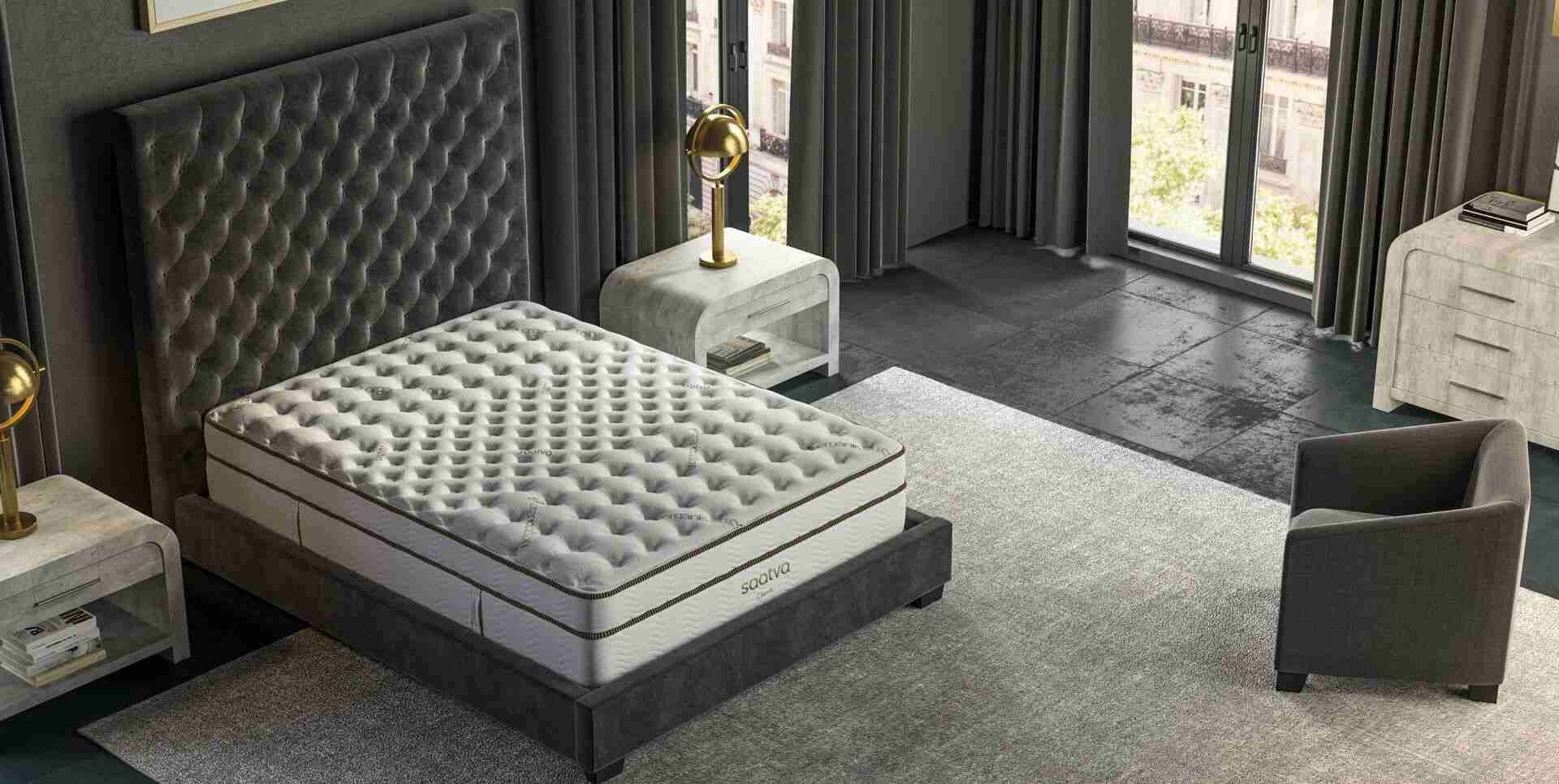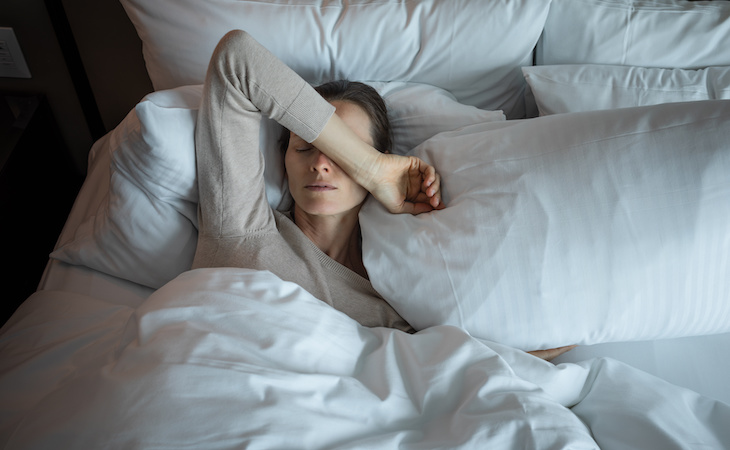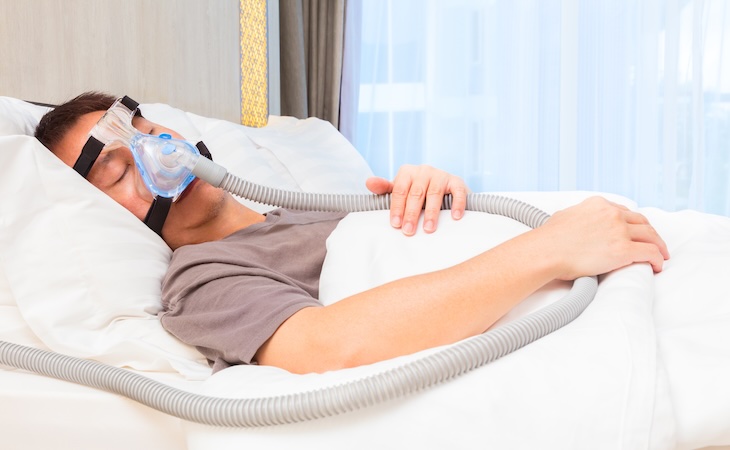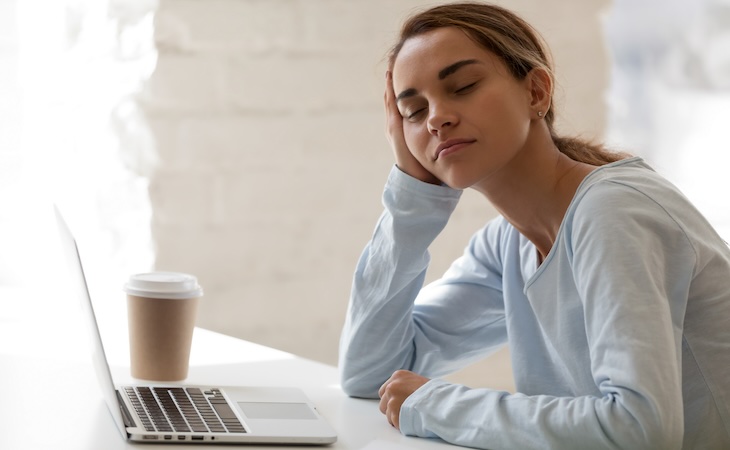Osteoporosis affects about 10 million Americans over 50 who are primarily women. Put simply, osteoporosis is a condition that weakens bones, making them easier to break. It’s typically caused by low calcium.
If you or a loved one suffer from osteoporosis, you likely know that it can cause pain while trying to sleep at night. You may have even wondered: What type of mattress is best for osteoporosis?
Below, find expert advice on how to sleep better with osteoporosis and how to choose the best bed for osteoporosis.
How should you sleep with osteoporosis?
“Osteoporosis can cause pain at night, and the reasons are a bit complicated,” says Kira Capozollo, licensed chiropractor and owner of Twin Waves Wellness, a San Diego wellness center that specializes in spinal chiropractic care.
When you’re sleeping, there’s pressure on your bones that can cause pain, explains Capozollo. “The pain is not from osteoporosis itself but from the damage it causes through bone fractures, generally in the spine, she says.
This can lead to quite a bit of discomfort, which naturally can make it more difficult to sleep. Luckily, some aids can help you get a better night’s sleep, even when dealing with osteoporosis.
Take melatonin
Capozollo says that while melatonin can undoubtedly help someone sleep, many aren’t aware that it’s also an antioxidant. This can help reduce inflammation at night, she says, which can lead to improved sleep.
Ask your doctor about which dosage you should take and if it can interact with any prescriptions you’re already taking.
Focus on your sleeping position
There’s a preferred sleeping position for those who have osteoporosis. If possible, you should try to sleep on your back, which can help keep a neutral spine.
Stomach sleeping can be detrimental to individuals with osteoporosis since it can cause your back to arch too much, something that puts stress on the spine.
Manage the symptoms of osteoporosis
Apart from doing things solely at night to achieve better sleep, Capozollo says the best thing you can do to improve your sleep is properly manage your osteoporosis.
This involves consuming a diet rich in calcium and other bone-healthy minerals and vitamins, along with getting regular exercise.
Capozollo explains that building and maintaining muscle helps support bones and can reduce the damage osteoporosis can cause. This can also lead to improved sleep.
What type of mattress is best for osteoporosis?
The best mattress for osteoporosis would depend on several factors, such as how advanced the osteoporosis is as well as your body makeup, such as height and weight, Capozollo shares.
You’ll likely want a mattress that has medium firmness, something that can both support the spine without being too stiff, which can damage bones, she says.
A too-soft mattress, on the other hand, will prevent your spine from having the proper support to stay aligned. This can bring about back pain.
FAQs
What should you not do if you have osteoporosis?
People with osteoporosis should stay active, Capozollo says. Not exercising can speed up damage and deterioration of the bones.”
Always consult with a doctor first to determine the best exercises for your body and condition. In general, you should focus on resistance training to avoid muscle loss—but don’t push yourself too hard. “Lifting heavy weights can damage or even break your bones,” adds Capozollo.
In other words? Don’t skip those workouts if you have osteoporosis and want better sleep.
Also, don’t spend too much time in bed, Capozollo says. Use the bed for sleeping and not relaxing throughout the day.
How does osteoporosis affect sleep?
Since sleeping can cause pressure on the bones that can result in pain and weakened bones, osteoporosis and good sleep often don’t go hand-in-hand.
All that damage, and subsequent fractures, can bring on pain that can be felt at night and other times throughout the day. Studies have proven that osteoporosis can lead to increased sleep disturbances and poor sleep quality.
What pillows are best for osteoporosis?
A cervical support pillow is by far the best for people with osteoporosis while sleeping on your back, Capozollo explains. She says foam pillows are best since they’ll retain their shape.
As for thickness, Capozollo suggests choosing something that’s not too thick since you want your neck to be reasonably straight.
How do I keep my spine neutral while sleeping?
Capozollo says it’s best to lie on your back and try to avoid moving around too much. This is why you really should strive to be as comfortable as possible, she says. Investing in a quality mattress and pillow does help.
Find the best mattress for your needs at Saatva
Saatva offers a wide range of high-quality mattresses to help you get better sleep if you have osteoporosis. Check out our selection of mattresses and take our online mattress quiz to find your perfect match.
All of our mattresses come with a 365-night home trial so you can try one out before deciding if it’s right for you.

